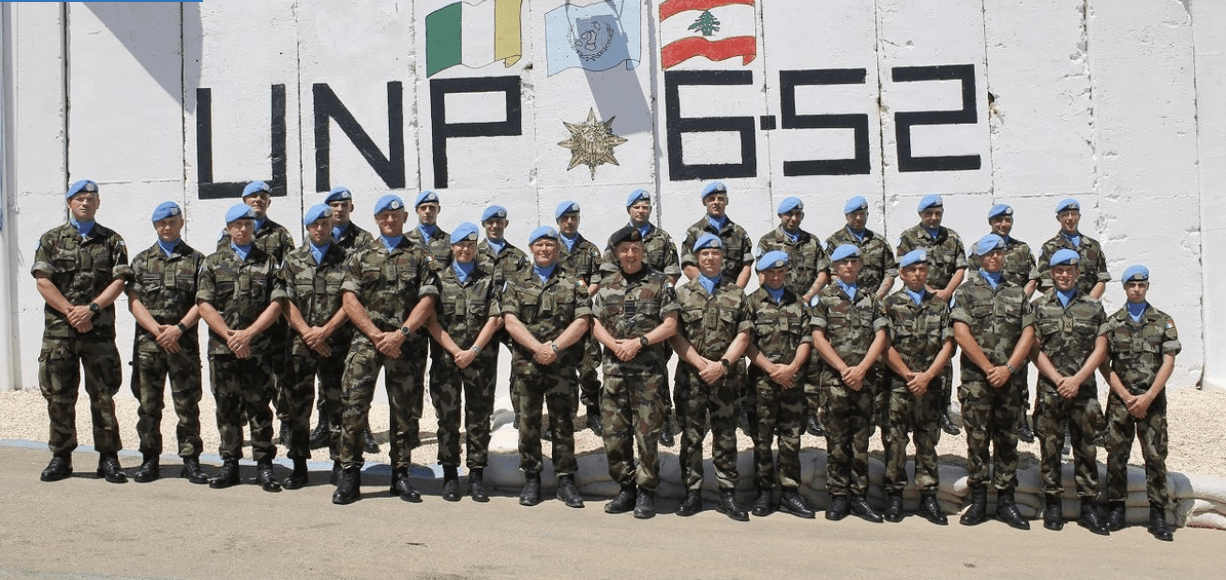THE term genocide is becoming devoid of meaning.
Polish lawyer Raphael Lemkin is credited with coining the term during the Second World War. He defined genocide as "the destruction of a nation or of an ethnic group" by means such as "the disintegration of [its] political and social institutions, of [its] culture, language, national feelings, religion, and [its] economic existence".
The term combines the Greek word genos (race or people) and the Latin suffix of caedo/cide (killing). In his early writings, Lemkin drew on the experience of the Armenian genocide during the First World War when the systematic killing and deportation of Armenians by the Turks of the Ottoman Empire led to the deaths of between 600,000 and 1.5 million Armenians, with many more forcibly removed from the country.
The book East West Street documents the extraordinary life of Raphael Lemkin and his contemporary Hersch Lauterpacht. Both were extraordinary international legal minds of the 20th century who uniquely framed our understanding of modern international human rights law. Written by scholar Philippe Sands, it is a human rights masterpiece and a must-read for our contemporary times.
Our understanding of genocide is framed by our understanding of the Nazi annihilation of European Jews and the Nazi state’s policies which facilitated its legal basis.
However, genocide has occurred throughout human history. It is particularly linked to European imperial expansion and colonialism. So while the colloquial understanding of genocide is heavily influenced by the Holocaust, it must be understood and applied universally.
Since World War Two there have been 20 genocides. They have taken place in Europe, South America, Africa, Asia and the Middle East. Genocide is widely considered to be the epitome of human evil and often referred to as the "crime of crimes". Well, we say that. There has been limited to no accountability for these crimes. 'Never again' has become again and again and again.
Many hoped that international law, such as that given its foundation by Lemkin and Lauterpacht, or given even more rigour by the Rome Statute in 1990, would find muscle to prevent the crime of crimes ever happening again. But instead, today the term genocide, even when found in the International Court of Justice, can be flouted.
When last week Benjamin Netanyahu could speak at the United Nations without challenge, while simultaneously indicted in the crime of genocide, the term has little meaning in reality.
A second front of the current genocide in the Middle East is opening up in Lebanon right now, while the people of Gaza continue to be annihilated. Irish peacekeepers who refuse to concede their ground as Israeli crimes of aggression are hidden in “evacuation orders” in Lebanon hold a flame of moral conscience in a world where morality appears to have lost its meaning.
These young, underpaid Irishmen and women have stood firm while others with more power and better pay buckle and kowtow to Israeli bully boys. The spectacle of giving the Hamas attacks of October 7 equal weight to the genocidal actions of the Israeli state was an exercise in cowardice this week. When afforded the opportunity to stand up for law and accountability complicit states provided cowardly equivalence and tacit justification.
Thankfully Óglaigh na hÉireann took a better stand on the side of humanity and history, and against genocide.








